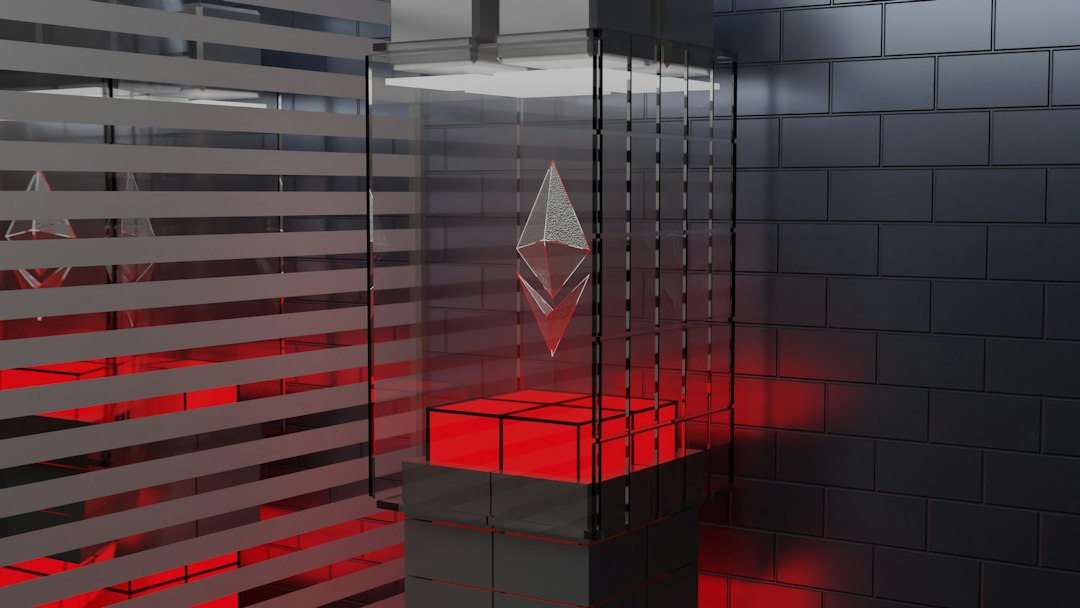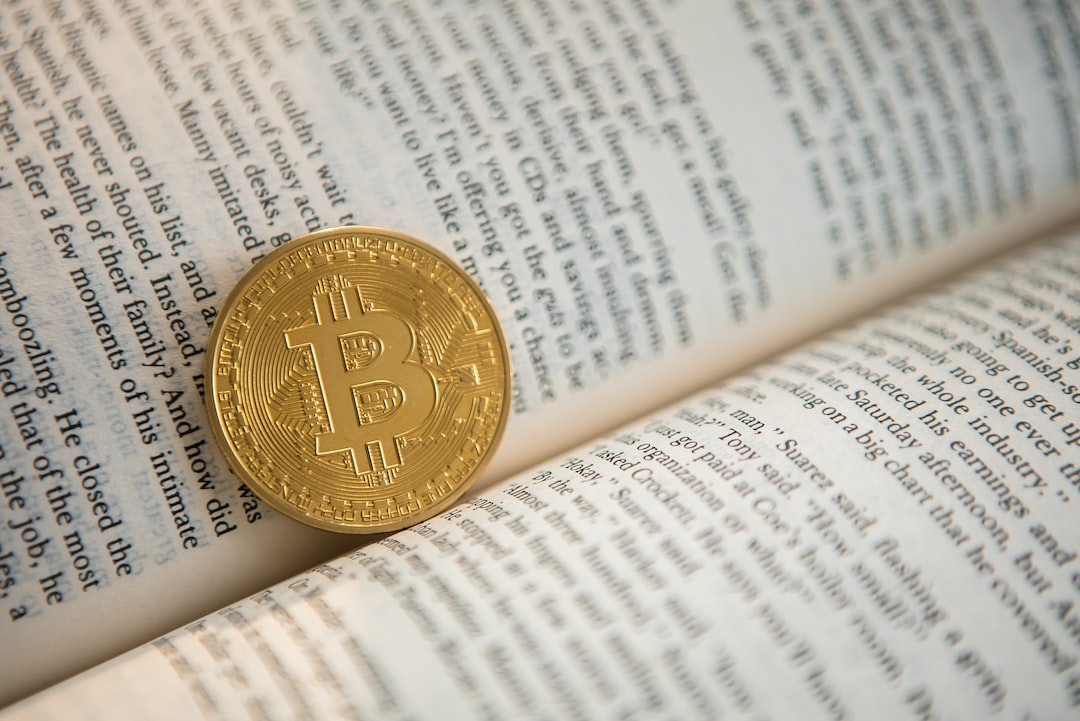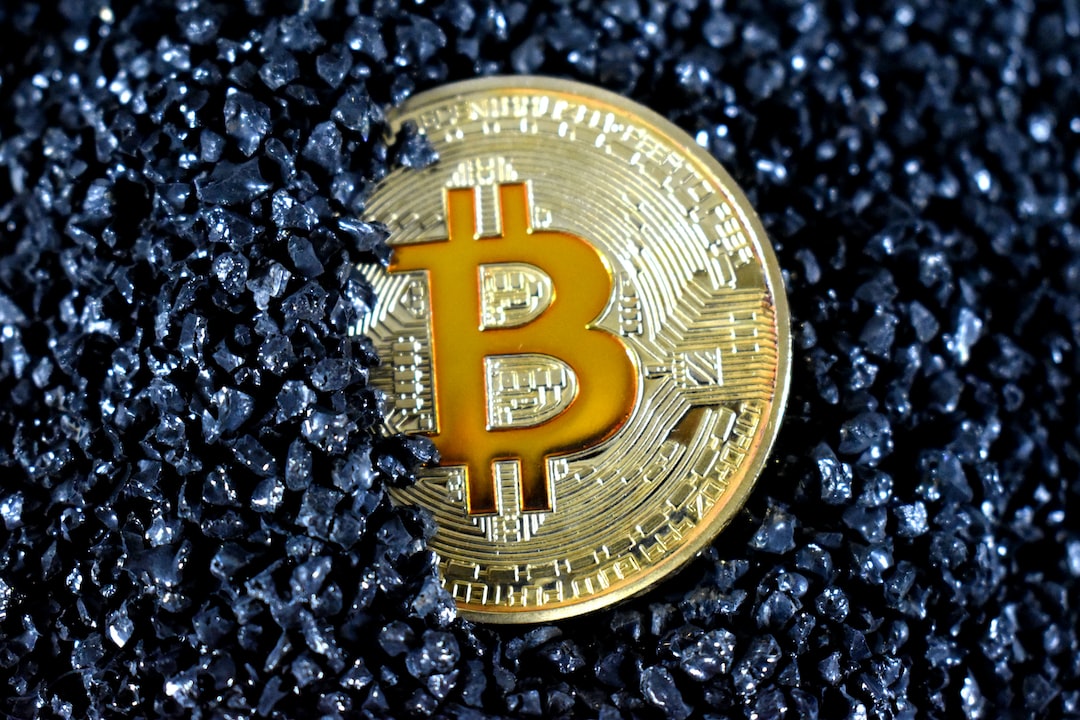The Importance of Un-Governance in the Crypto Industry
When cryptography and cryptocurrencies were first introduced, their power lay in their separation from centralized control. However, recent years have seen the downfall of prominent figures in the industry due to corruption and errors. To secure the future of cryptocurrencies and decentralized finance, un-governance is crucial. Un-governance involves minimal human intervention in the operations of protocols, ensuring that web3 can function autonomously without the risk of human error.
The Role of Decentralized Governance
Decentralized Autonomous Organizations (DAOs) play a vital role in achieving un-governance. These organizations provide an additional layer of decentralized governance for projects, minimizing the risk of centralization and enhancing security for investors and users. However, it’s important to note that not all projects with “DAO” in their name are truly decentralized or protected from fraudulent actors.
The Dangers of Ineffective Governance
A recent example of ineffective governance is Indexed Finance, which was attacked by a malicious proposal despite being governed by an inactive DAO. This highlights the problem with relying solely on token holders for governance decisions. Protocols like Reflexer and Open Dollar, which are non-upgradable and ungoverned, offer better protection against malicious actions.
Gauging the Degree of Governance
To eliminate corruption from projects, it’s essential to determine the appropriate level of governance. Traditional power structures often lead to unfair influence and centralization. In contrast, an ideal system ensures an equitable distribution of power without a single point of control or failure. In defi & DAOs, governance stakeholders make critical decisions that impact protocol upgrades and fee structures.
The Consequences of Failing to Embrace Decentralization
Failing to embrace decentralization can have severe consequences for the crypto industry. Stablecoins and the overall stability of the web3 space are at risk, deterring new users and businesses from entering the industry. Safety concerns must be addressed for widespread adoption to occur.
Advancements in DAO Tooling and Structures
Since the DAO boom of 2021, significant progress has been made in developing tools and structures for decentralized communities. Projects like Collab.Land and Govrn have facilitated token-gated communities and automated processes for tracking contributions to DAOs.
Hot Take: The Future Lies in Un-Governance
If the crypto industry is to thrive, un-governance must be prioritized. By minimizing governance and embracing decentralized protocols, we can ensure growth, prosperity, and a more equitable financial system for cryptocurrencies and decentralized finance.





 By
By
 By
By
 By
By
 By
By
 By
By
 By
By